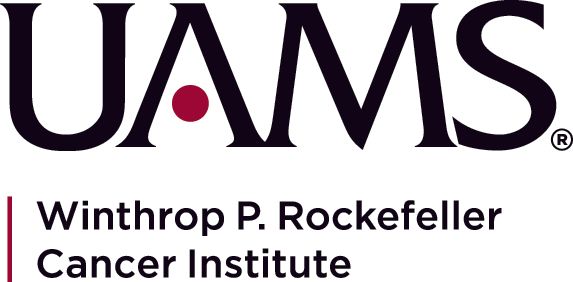
Dr. Van Rhee on the Clinical Implications of CAR T-Cell Therapy in Relapsed/Refractory Myeloma

Frits van Rhee, MD, PhD, discusses the clinical implications of CAR T-cell therapy for patients with relapsed/refractory multiple myeloma.
Frits van Rhee, MD, PhD, professor, director, Myeloma Center, University of Arkansas for Medical Sciences, Charles and Clydene Scharlau Chair for Hematological Malignancies, discusses the clinical implications of CAR T-cell therapy for patients with relapsed/refractory multiple myeloma.
Currently, CAR T-cell therapy is approved for patients who have received more than 4 prior lines of therapy and who have progressed on treatment with a proteasome inhibitor, as well as an anti-CD38 monoclonal antibody, according to van Rhee. Most patients who are currently receiving CAR T-cell therapy are those with advanced disease. The treatment is a very important option for those who are difficult to treat, and who have historically poor outcomes, van Rhee adds.
The MAMMOTH trial, which was a retrospective analysis of 275 patients, demonstrated that patients with refractory disease have a short overall survival, varying from 5 to 11 months, depending on how many agents they are refractory to, van Rhee explains. As such, there is a need for improved treatments for those with relapsed/refractory disease, and CAR T-cell therapy offers hope for this patient population, van Rhee concludes.




































